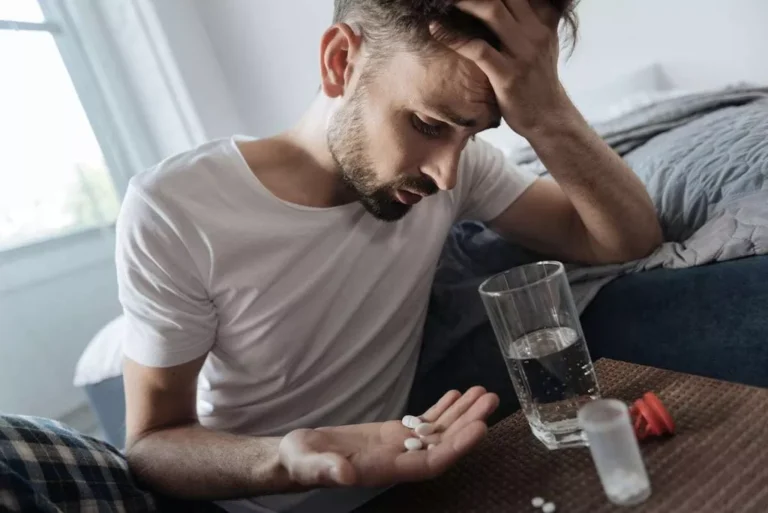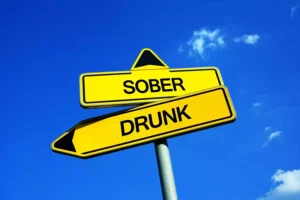
Choosing one at the end of a long day isn’t easy, but you’ve got powerful incentives working for you and lots of choices below. She adds that since Covid, more of her clients are drinking at home to “de-stress” after work. “Alcohol was front and centre of those events and it was just assumed that everybody would drink.” “What I find with my clients is that the more senior people become in the organisation, the more social events are expected to attend,” she says. Ms Barratt reached out for help after realising her relationship with alcohol was unhealthy, following her separation with her partner. There’s nothing wrong with going out with your workmates and giving alcohol a miss.
Booze control
It’s a new world, post-pandemic, and in it, the office should be dry. After-work drinking is a prevalent social practice where employees engage in consuming alcoholic beverages following the end of the workday. This routine is often viewed as a way to decompress, transition from work to personal time, and foster camaraderie among colleagues. Its prevalence is notable, with some individuals spending significant time and money on these activities, as evidenced by reports indicating American workers may spend upwards of $3,000 a year on after-work drinks. The social aspect of this practice is underscored by its role in team bonding, with one in three workers believing it beneficial for strengthening team dynamics. After-work drinking is a common social practice that, while seemingly harmless, can escalate into health risks and dependence.
- Some individuals with alcohol dependence may find it possible to keep their sober and inebriated lives separate.
- Exploring the relationship between alcohol use and mental health disorders reveals a complex interaction where one can significantly impact the other.
- Of course, alcohol didn’t actually make me cooler, but it did make my anxiety skyrocket the following day—and that’s just the beginning of the messes that come from shaking up drinks and work.
Treatment For Alcohol Addiction At Coastal Detox

Exploring the relationship between alcohol use and mental health disorders reveals a complex interaction where one can significantly impact the other. Studies indicate that individuals with alcohol use disorder (AUD) frequently experience co-occurring mental health conditions such as depression and anxiety. This suggests not only a co-occurrence but also a shared underlying vulnerability involving genetic factors and neural circuits. Research indicates that even moderate drinking can lead to an irregular heartbeat and heightened blood pressure, both of which are risk factors for more severe cardiovascular diseases. Long-term effects of regular after-work drinking may include the development of hypertension, cardiomyopathy, and coronary artery disease.
- Overall, the social and professional consequences of after-work drinking necessitate a balanced approach, blending awareness with supportive strategies to mitigate its risks.
- Withdrawal happens because your brain gets used to the depressive effects of alcohol.
- This can exacerbate stress and lead to negative mood states that spill over into interactions with coworkers and loved ones, causing friction and misunderstandings.
- Happy hour and after-work drinks often go hand in hand with long days on the job, providing networking opportunities and a chance to unwind.
- Chlorine and iodine tablets do not remove any chemical contaminants in water.
How to avoid the downsides
The ADA protects employees with alcoholism as a disability, requiring employers to provide reasonable accommodations. However, it does not protect employees currently using alcohol in a way that impairs job performance or safety. If you find that you can’t control your drinking, or know a loved one who is struggling with addiction, know that there is help out there.
Recognizing that you need help is the first step on your road to recovery. Many companies are interested in supporting employees with alcohol problems. They recognize that alcohol use disorder affects millions of people, regardless of age, gender, race, and other factors. Most employers https://ecosoberhouse.com/ would rather see you receive proper medical alcohol detox treatment and attain sobriety than watch you lose your job due to alcoholism. Addiction Resource is an educational platform for sharing and disseminating information about addiction and substance abuse recovery centers.
Stress After Work

Effective management strategies are essential for maintaining a healthy balance between social life and well-being. Notably, individuals with a family drinking after work history of alcoholism should exercise increased caution. Despite these risks, the social pressure to participate in after-work drinks is significant.
Booze was viewed as a vice for ordinary women and men ever since the introduction of gin – and ensuing moral panic about the working class’s taste for it – in the 1700s. But in the 1800s, fuelled by Victorian ideals of chaste, subservient womanhood, drinking alcohol became increasingly seen as ‘unladylike’. Some women, fed up with their husbands drinking away the household budget, also campaigned for abstinence by the middle of the century. Running in tandem with, or perhaps as a direct result of, the increase in consumption is a growing conversation about the harm caused by choosing to booze. Headlines cement alcohol as an (avoidable) risk for myriad health concerns, from exacerbating symptoms of mental illness and skin inflammation to increased risk of chronic disease and reduced fertility.
She added that employers should check state and local laws on workplace drug and alcohol testing. An employer should not request or require an alcohol test unless there is “reasonable cause,” Shea said. This could include slurred speech, an odor of alcohol, an accident that appears to have been caused by substance abuse, impaired mobility or the discovery of empty bottles of alcohol in the employee’s desk drawer. Supervisors should not drink with, or purchase drinks for, a subordinate unless all employees are invited. Today, this sort of gathering occurs frequently, but it could increase the chances of the worker-supervisor relationship becoming somewhat muddled.

Why Employees Quit (and 7 Steps to Retain Them)

She brings more than a decade of media experience to Forbes Health, with a keen focus on building content strategy, ensuring top content quality and empowering readers to make the best health and wellness decisions for themselves. If you want to reduce your drinking, instead of creating an uncomfortable empty space in your day, look for a replacement habit. The new routine needs to pay off in ways that are similar to the original—eliciting sleep, relaxation or indulgence as needed. The pressures on you are likely to persist, and you will continue to need to decompress at night. With all of that being constant, your best bet is to take a look at the ritual—or tool—you’re using to mark that daily transition and blow off steam. There are lots of options for stress relief that don’t include booze.
- At AAC, we’re open and committed to providing critical care in a safe environment, even during the ongoing pandemic.
- Contaminated groundwater may also migrate underground to your well from nearby flooded wells, pits, or excavations.
- Keep a detailed record of the conversation, including the date, time, what was discussed, and any agreed-upon actions.
- Having some wine after work to reduce stress can quickly evolve into an alcohol use disorder if a person is not careful.
- But a worker whose condition of employment required agreeing to alcohol testing for reasonable cause can likely be terminated for this refusal, and the employer would probably be on sound legal footing, Hoyman said.


